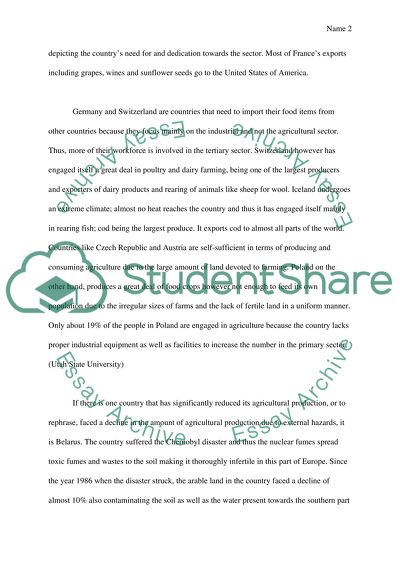Cite this document
(“Agriculture in Europe Essay Example | Topics and Well Written Essays - 1500 words”, n.d.)
Agriculture in Europe Essay Example | Topics and Well Written Essays - 1500 words. Retrieved from https://studentshare.org/agriculture/1400812-agriculture-in-europe
Agriculture in Europe Essay Example | Topics and Well Written Essays - 1500 words. Retrieved from https://studentshare.org/agriculture/1400812-agriculture-in-europe
(Agriculture in Europe Essay Example | Topics and Well Written Essays - 1500 Words)
Agriculture in Europe Essay Example | Topics and Well Written Essays - 1500 Words. https://studentshare.org/agriculture/1400812-agriculture-in-europe.
Agriculture in Europe Essay Example | Topics and Well Written Essays - 1500 Words. https://studentshare.org/agriculture/1400812-agriculture-in-europe.
“Agriculture in Europe Essay Example | Topics and Well Written Essays - 1500 Words”, n.d. https://studentshare.org/agriculture/1400812-agriculture-in-europe.


